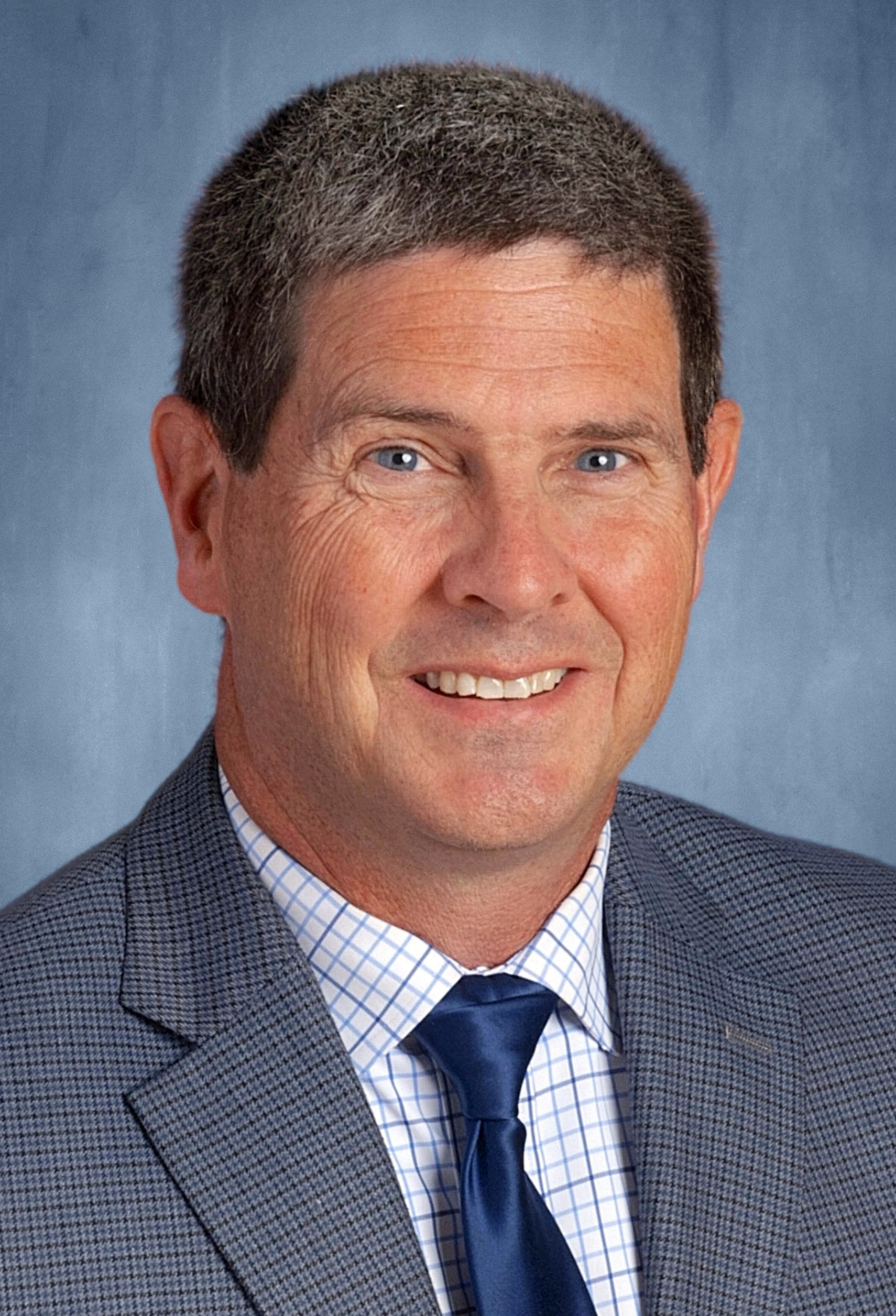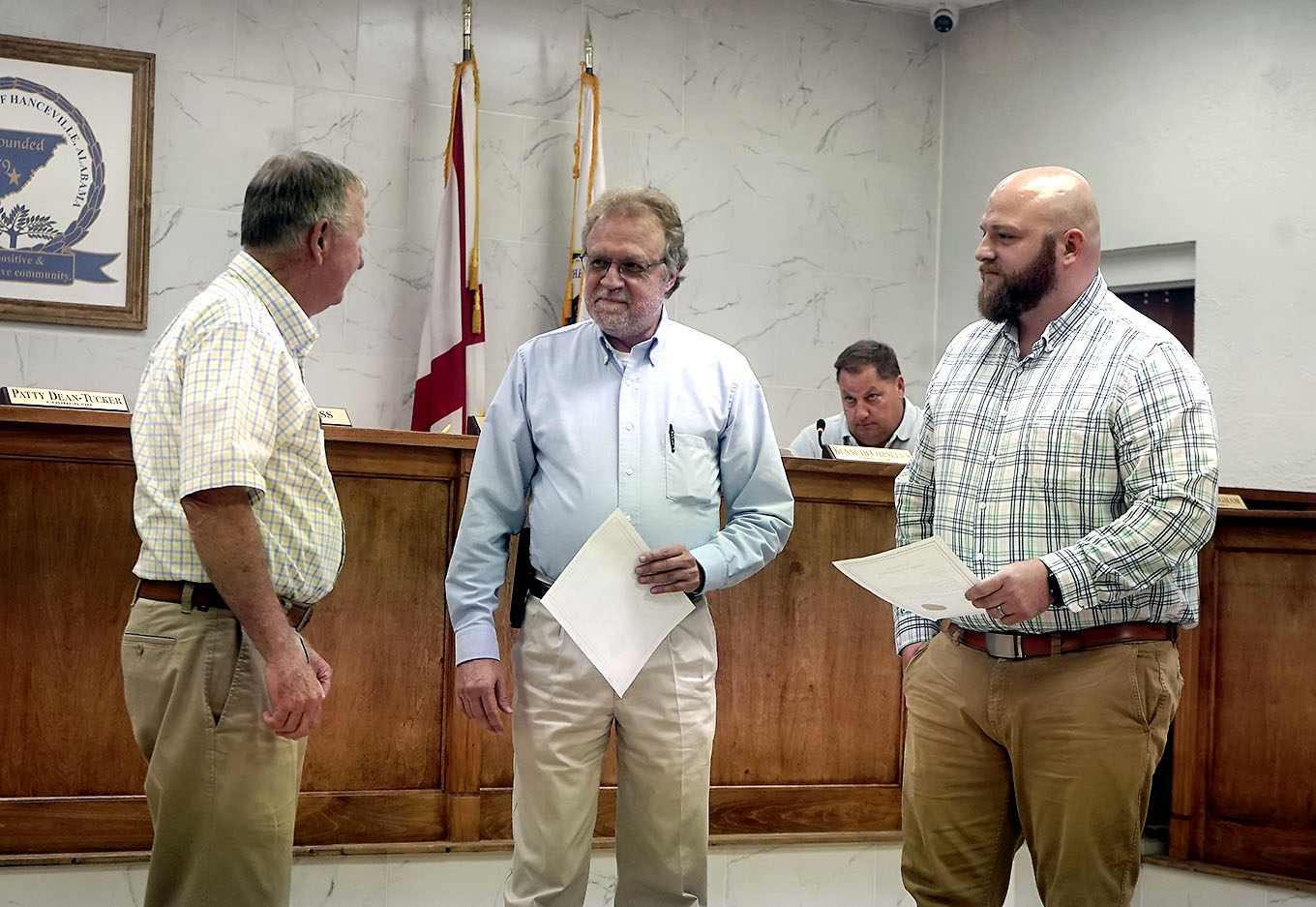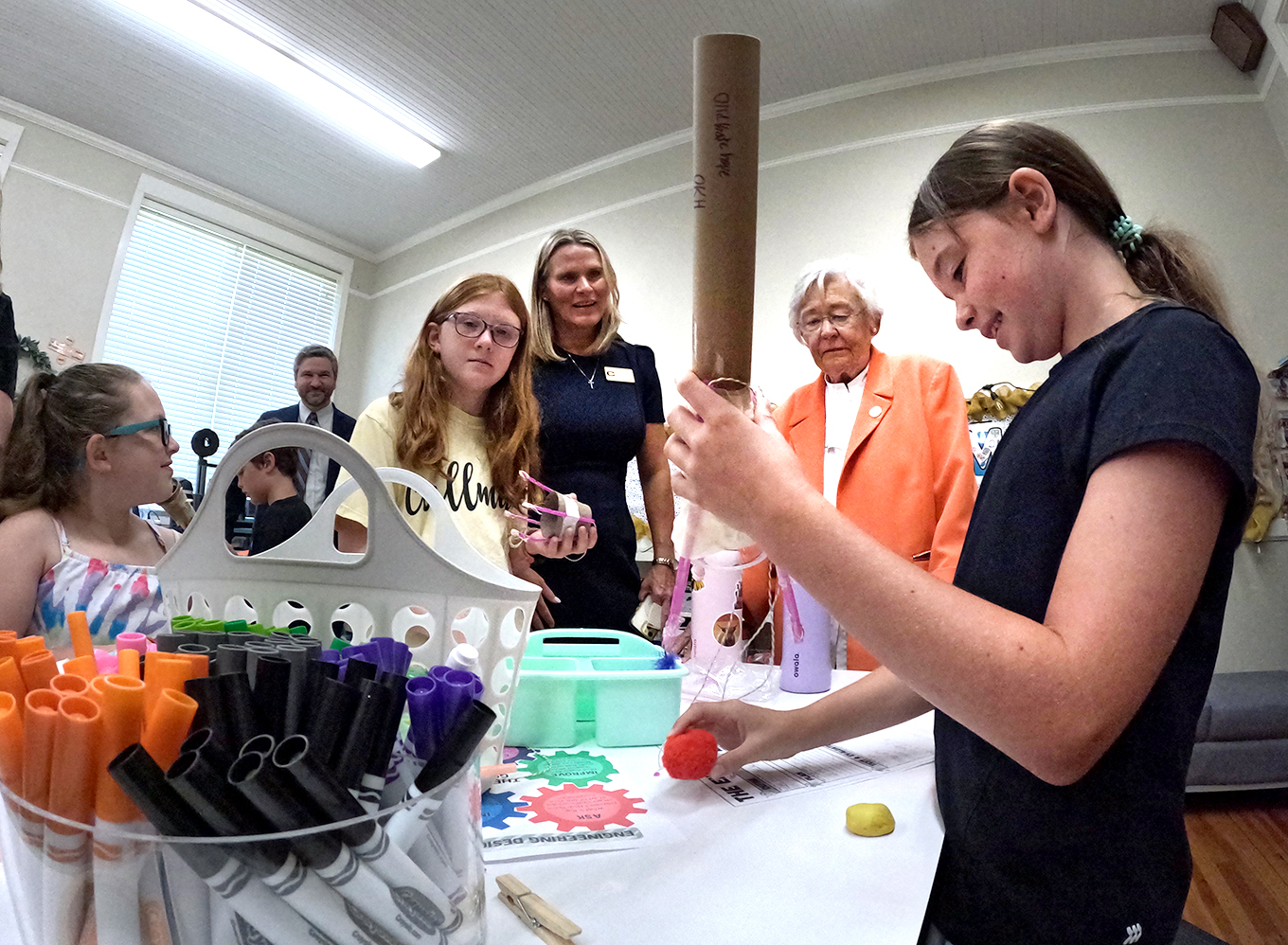Sex surrogate’s life becomes a movie
Published 10:44 pm Wednesday, July 30, 2014
Like a lot of little girls who went to Catholic schools in the 1950s, Cheryl Cohen Greene had fleeting thoughts of becoming a nun.
Trending
“I loved the habit,” she said with a laugh.
That possible career path will surprise anyone who sees “The Sessions,” a recently released movie based on a true story about a paralyzed man in an iron lung who wants to lose his virginity and hires a sex surrogate.
Helen Hunt plays the sex surrogate — Cheryl Cohen Greene.
“I thought she did a beautiful job,” said Cohen Greene, 68, the former Cheryl Theriault of Salem.
Cohen Greene, who returns to Salem regularly, was raised in a French Catholic family.
Her life has been a whirlwind since the movie debuted earlier this year at the Sundance Film Festival, where it won two awards. It went into limited release last month and is currently playing in movie theaters. There is Oscar buzz around both Hunt and actor John Hawkes, who plays Mark O’Brien, the writer and poet who contracted polio as a child and spent much of his life in an iron lung.
Trending
O’Brien, who died in 1999, wrote an article about his experience with Cohen Greene. “On Seeing a Sex Surrogate” appeared in The Sun, a literary magazine, in 1990. He also was the subject of a documentary, “Breathing Lessons: The Life and Work of Mark O’Brien,” which won an Academy Award in 1997.
Since “The Sessions” made its film festival debut earlier this year, Cohen Greene has been to a movie premiere in Los Angeles, taken part in a question-and-answer session with film critic Jeffrey Lyons, spoken at Yale University, had a sit-down with Playboy magazine, and dined with celebrities in New York City.
“Dr. Ruth (Westheimer) and I had our picture taken together,” she said.
She has been the subject of numerous magazine and newspaper articles and been bombarded with requests for interviews.
Just last week, she released her memoir: “An Intimate Life: Sex, Love and My Journey as a Surrogate Partner.”
Cohen Greene worked as a secretary, got married and headed to Berkeley, Calif., right after the “Summer of Love,” making the trip in a Volkswagen camper with her first husband and two young children. Near the end of their journey, they got in a bad accident that left Cohen Greene with a fractured neck and other injuries.
Needing money and following the lead of a friend, she started doing nude modeling for art classes. She also volunteered for an organization called San Francisco Sex Information, answering phone calls and making referrals. She later became a member of the nonprofit’s training staff.
It was through this volunteer work that she met her first sex surrogate, someone who engages in intimacy and sex with a client under the supervision of a therapist. The role of a sex surrogate was introduced in the 1970s by Masters and Johnson, the noted sex researchers.
“They can’t see me unless they’re working with a therapist,” she said of the clients, “and the therapist works with me. It’s a team. It’s a wonderful process.”
She even attended the Institute for The Advanced Study of Human Sexuality in San Francisco.
“It’s accredited,” she said. “I got a doctorate of human sexuality from them.”
Cohen Greene met Mark O’Brien in the late 1980s in Berkeley.
“By the time I met Mark, I had been working (as a sex surrogate) for about 13 years. … His therapist heard about me. He said, ‘I have a client and he wants to find out what he’s capable of sexually.’”
O’Brien was 4-foot-7 and weighed about 70 pounds, she said. He was paralyzed from the neck down and capable of only minimal movements. Cohen Greene had seen several disabled clients, but none as severely disabled as O’Brien.
They talked.
“He told me he felt like he was looking through the window of a restaurant where everybody on the other side was having a huge feast that he would never be able to take part in,” she said.
They had six sessions. She lay next to his twisted body on a bed and engaged in body awareness exercises.
Eventually, they had intercourse.
“The sessions were difficult because he was so fragile,” she said.
O’Brien went to a sex surrogate in the hope of meeting a woman and having a relationship.
“My major concern was that he would never find somebody because of how profoundly disabled he was,” Cohen Greene said.
It took several years, but O’Brien eventually met a woman with whom he co-founded a small press. He also stayed in touch with his surrogate.
“Mark and I remained friends until his death,” Cohen Greene said.
Before the movie was made, Cohen Greene talked at length with the director and met several times with Hunt.
“Oh, God, I love her,” she said. “I wouldn’t say we’re best friends by any means, but we like each other.”
One day, Cohen Greene demonstrated something she calls sensual touch on Hunt’s boyfriend while the actress watched. “We were all fully clothed,” she said, laughing.
Another time, they adjourned to Hunt’s car, where the actress had her read from the script and taped her Boston accent.
“When I heard her dialogue, I said, ‘Oh, my God, she really has listened to me — not just my accent, but what I was saying.”
Cohen Greene, a grandmother, is busier than ever with the release of the movie and publication of the book.
And although she is winding down a little, she still finds time for the day job.
“I just started working with a 92-year-old man,” she said. “He’s wonderful.”
—
Tom Dalton is a reporter for The Salem (Mass.) News. Contact him at tdalton@salemnews.com.





